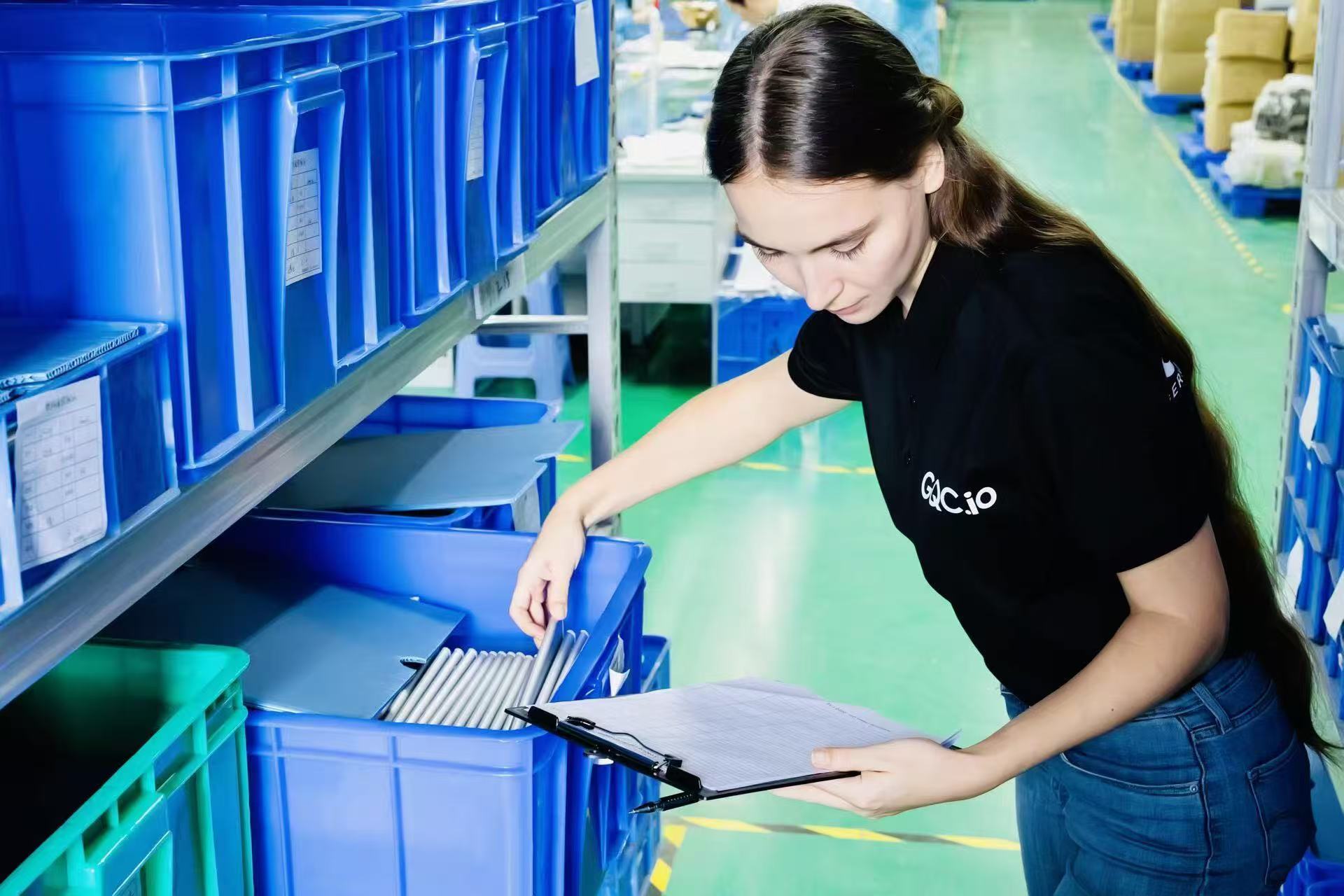As an importer, you have the option of being a "hands-on" or "hands-off" buyer. A hands-on buyer is heavily involved in the sourcing and production process, while a hands-off buyer delegates most of the work to their suppliers. In this blog post, we'll explore the pros and cons of both approaches and help you determine which type of buyer you are.
Hands-On Buyer
A hands-on buyer is heavily involved in the sourcing and production process. They often visit the factories, communicate regularly with suppliers, and oversee the production process. Hands-on buyers typically have a deep understanding of the products they are importing and the manufacturing process, and they are often more involved in quality control.
Pros:
More control over the production process: By being heavily involved in the sourcing and production process, a hands-on buyer can ensure that their products are manufactured to their standards.
Greater product knowledge: A hands-on buyer typically has a deep understanding of the products they are importing, which can help them make more informed decisions and communicate more effectively with suppliers.
Stronger relationships with suppliers: By visiting factories and communicating regularly with suppliers, a hands-on buyer can build stronger relationships with their suppliers, which can lead to better pricing and better quality products.
Cons:
Time-consuming: Being a hands-on buyer requires a significant time commitment. Visiting factories, communicating with suppliers, and overseeing the production process can take up a lot of time.
Limited scalability: By being heavily involved in the sourcing and production process, a hands-on buyer may have limited scalability. They may not be able to import large volumes of products, as they may not have the resources or time to oversee production on a large scale.
Higher costs: Being a hands-on buyer can bemore expensive, as it requires more time and resources.
Hands-Off Buyer
A hands-off buyer delegates most of the work to their suppliers. They typically communicate with their suppliers through email or phone and do not visit the factories or oversee the production process. Hands-off buyers are often focused on the bottom line and may be more concerned with pricing than product quality.
Pros:
More time-efficient: By delegating most of thework to their suppliers, a hands-off buyer can save time and focus on other aspects of their business.
Scalable: A hands-off buyer may be able toimport larger volumes of products, as they do not need to oversee production ona hands-on basis.
Lower costs: Being a hands-off buyer can beless expensive, as it requires less time and resources.
Cons:
Less control over the production process: By delegating most of the work to their suppliers, a hands-off buyer may have less control over the production process and may not be able to ensure that their products are manufactured to their standards.
Limited product knowledge: A hands-off buyer may have less product knowledge than a hands-on buyer, which can make it more difficult to make informed decisions and communicate effectively with suppliers.
Weaker relationships with suppliers: By not visiting factories or communicating regularly with suppliers, a hands-off buyer may have weaker relationships with their suppliers, which can lead to higher prices and lower quality products.
So, which type of buyer are you? The answer depends on your business goals, resources, and personal preferences. If you are focused on quality and building strong relationships with your suppliers, a hands-on approach may be best. If you are focused on scalability and cost savings, a hands-off approach may be more appropriate. If you are a hands-off buyer but still want to control your quality, then our team ofprofessional quality inspectors can support you by overseeing everything from start to end. For more information about quality inspection services visit our website www.gqc.io or contact us at info@gqc.io

.jpg)



